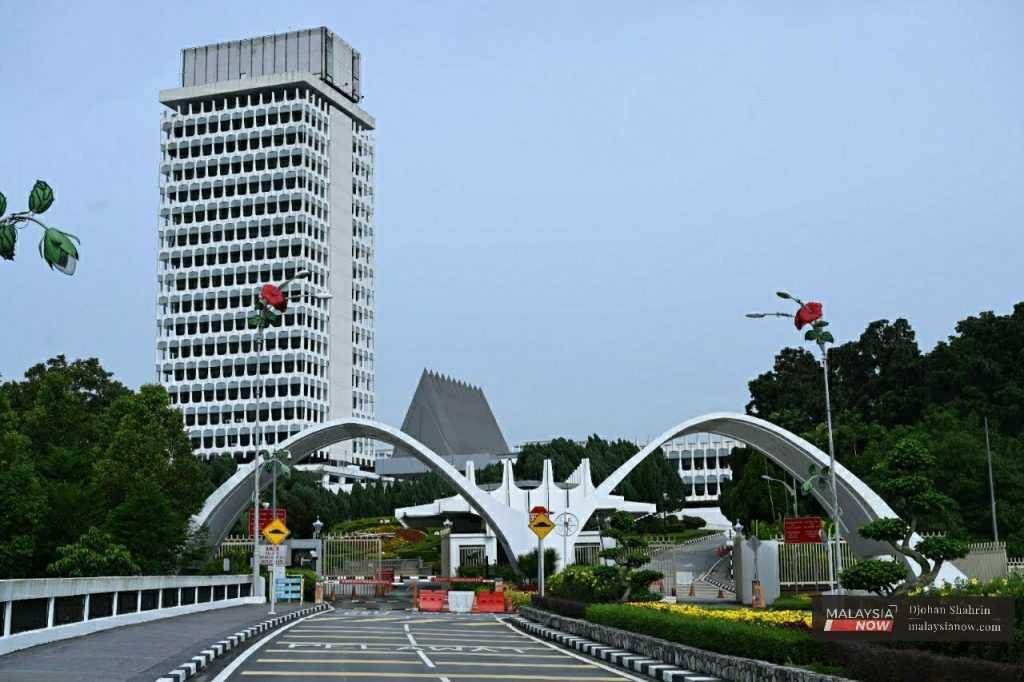Anti-hopping law expected to be enforced by mid-September
Law minister Wan Junaidi Tuanku Jaafar says this is consistent with the timeline set in the tabling and approval of the constitution amendment bill.
Just In
The constitutional amendments to prohibit MPs from switching parties are expected to be enforced by the middle of September at the latest, says law minister Wan Junaidi Tuanku Jaafar.
He said this expectation was consistent with the timeline set in the tabling and approval of the constitution amendment bill, which requires the consent of Yang di-Pertuan Agong Sultan Abdullah Sultan Ahmad Shah.
"I am very confident that His Majesty is sensitive to this bill, and if my reading is right, (its enforcement will be) no later than the middle of September.
"Of course, we are hoping (for it to be enforced before the 15th general election). I can’t predict but once we have sent it to the istana, we need to give time to His Majesty to study the bill before giving his consent," he told a press conference at the Parliament building yesterday.
He said this when asked about the time frame for the bill to become law, and whether it could be enforced before GE15.
The Dewan Negara passed the Constitution (Amendment) Bill (No. 3) on anti-party hopping by MPs with more than a two-thirds majority after obtaining the support of 52 of 60 senators in two rounds of bloc voting.
Wan Junaidi said the bill would now go through the process of assent by the king in accordance with Article 66 of the Federal Constitution before it is gazetted into law and enforced.
Wan Junaidi also said the proposal for Malaysia to allow the holding of recall elections to prevent party hopping by elected representatives needed further study.
The government will hold engagement sessions with stakeholders such as political parties, NGOs and civil society to discuss the proposal, he said.
He added that the matter needed careful study because countries which conduct recall elections also face their own problems in implementation.
Subscribe to our newsletter
To be updated with all the latest news and analyses daily.
